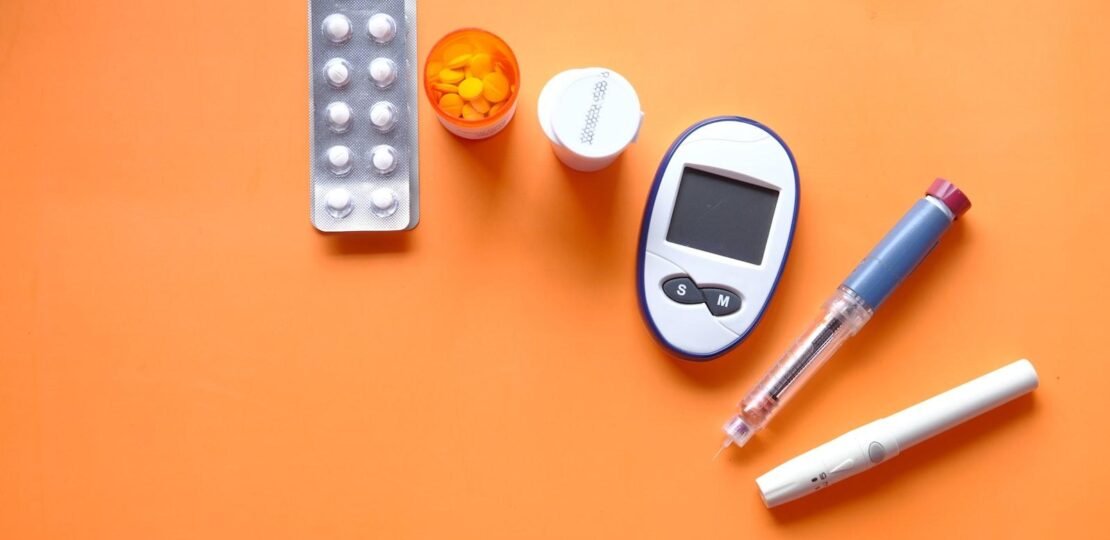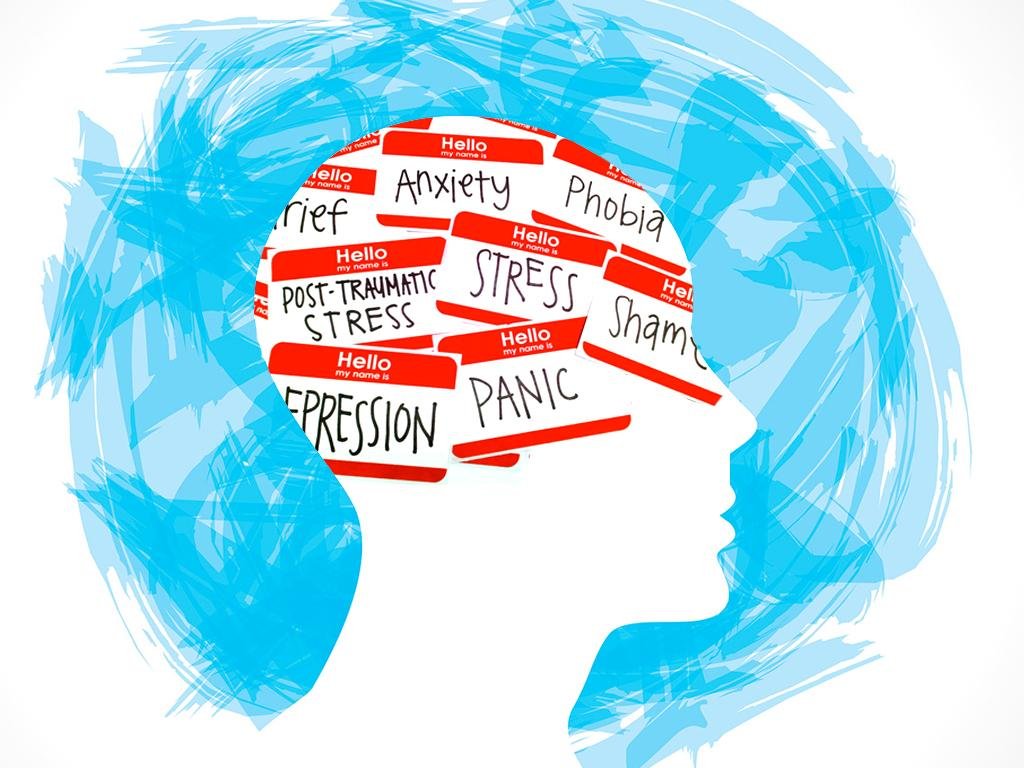Insulin Insights: Understanding Your Body’s Sugar Regulator
March 13, 2024 | by zhealtheist.com


Insulin Insights: Understanding Your Body’s Sugar Regulator
When it comes to health and wellness, a deep understanding of our body mechanisms plays an instrumental role. A crucial yet often misunderstood component of this biochemical symphony is insulin. Having a clear grasp of how insulin functions can not only enhance your health but also protect you from diseases like diabetes.
Decoding Insulin: What exactly is it?
Insulin is a hormone produced by beta cells found in the pancreas. It’s often termed as the body’s sugar regulator because its primary function is to help cells absorb glucose (sugar) from the bloodstream and convert it into energy.
Why Insulin is Essential?
1. Fuel provider: Insulin helps our cells to take in glucose, which they break down to produce energy.
2. Blood sugar regulator: By guiding glucose into the cells, insulin prevents excessive amounts of sugar from lingering in your bloodstream.
3. Metabolic process guide: Insulin helps regulate processes intertwined with metabolism, like fat storage and protein synthesis.
Understanding Insulin Functioning
To understand insulin’s role as our body’s glucose regulator, let’s delve deeper into its working mechanism.
Whenever we eat, the carbohydrates in our food get broken down into glucose. This sudden influx of sugar raises our blood sugar levels, prompting our pancreas to produce insulin. Insulin then ‘unlocks’ our cells, allowing glucose to enter and be used as energy.
Insulin in connection with Diabetes
Diabetes, a significant health concern globally, is closely linked with insulin dysfunction.
There are two primary types of diabetes:
Type 1 Diabetes
Involves the body’s immune system, damaging the pancreatic beta cells, thereby halting or reducing insulin production. Insulin injections are typically required to regulate blood sugar levels in people with Type 1 diabetes.
Type 2 Diabetes
Involves the development of ‘insulin-resistance,’ where cells become less responsive to insulin, leading to a sugar build-up in the blood. Lifestyle changes, medication, and in some cases, insulin injections, are used to manage Type 2 diabetes.
Signs of Insulin Imbalance
Knowing the signs of insulin imbalance can help early detection and management:
| Signs of Insulin Deficiency | Signs of Insulin Resistance |
|---|---|
| Excessive thirst | Increased hunger |
| Constant urination | Unintended weight loss or gain |
| Weight loss | Mood swings and fatigue |
| Fatigue | Frequently feeling thirsty and urinating |
How to Maintain Healthy Insulin Levels
Healthy Eating
A balanced diet with a focus on low-glycemic foods can help regulate blood sugar and insulin levels effectively.
Regular Exercise
Physical activity promotes weight control and insulin sensitivity.
Stress Management
High-stress levels can cause insulin imbalance. Thus, incorporating stress-management techniques like yoga, meditation, and relaxation exercises can be beneficial.
Conclusion
Understanding insulin, its functioning, and its impacts on our health is crucial. Not only does it assist in preventing diseases like diabetes, but it also generates awareness about the importance of maintaining a healthy lifestyle.
By keeping a watchful eye on any changes to your body and staying proactive with your health choices, you are one step closer to understanding your body’s sugar regulator — insulin!
The insights provided in this article are meant to enhance your comprehension. Nevertheless, consulting with a healthcare provider for personalized guidance is always the best practice.
RELATED POSTS
View all



